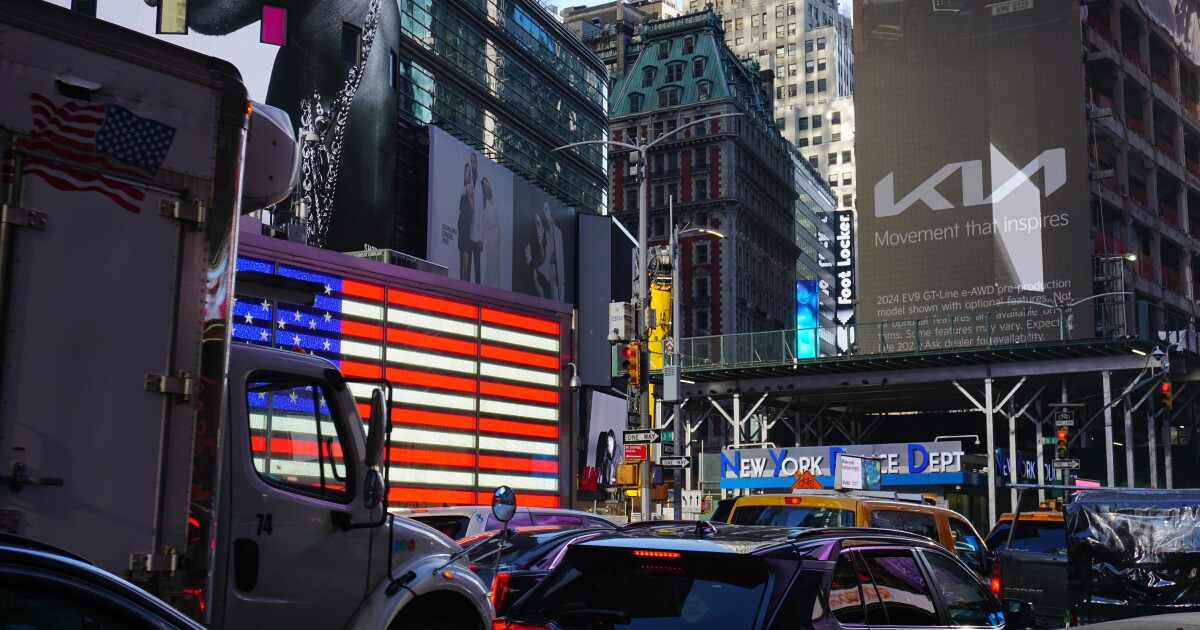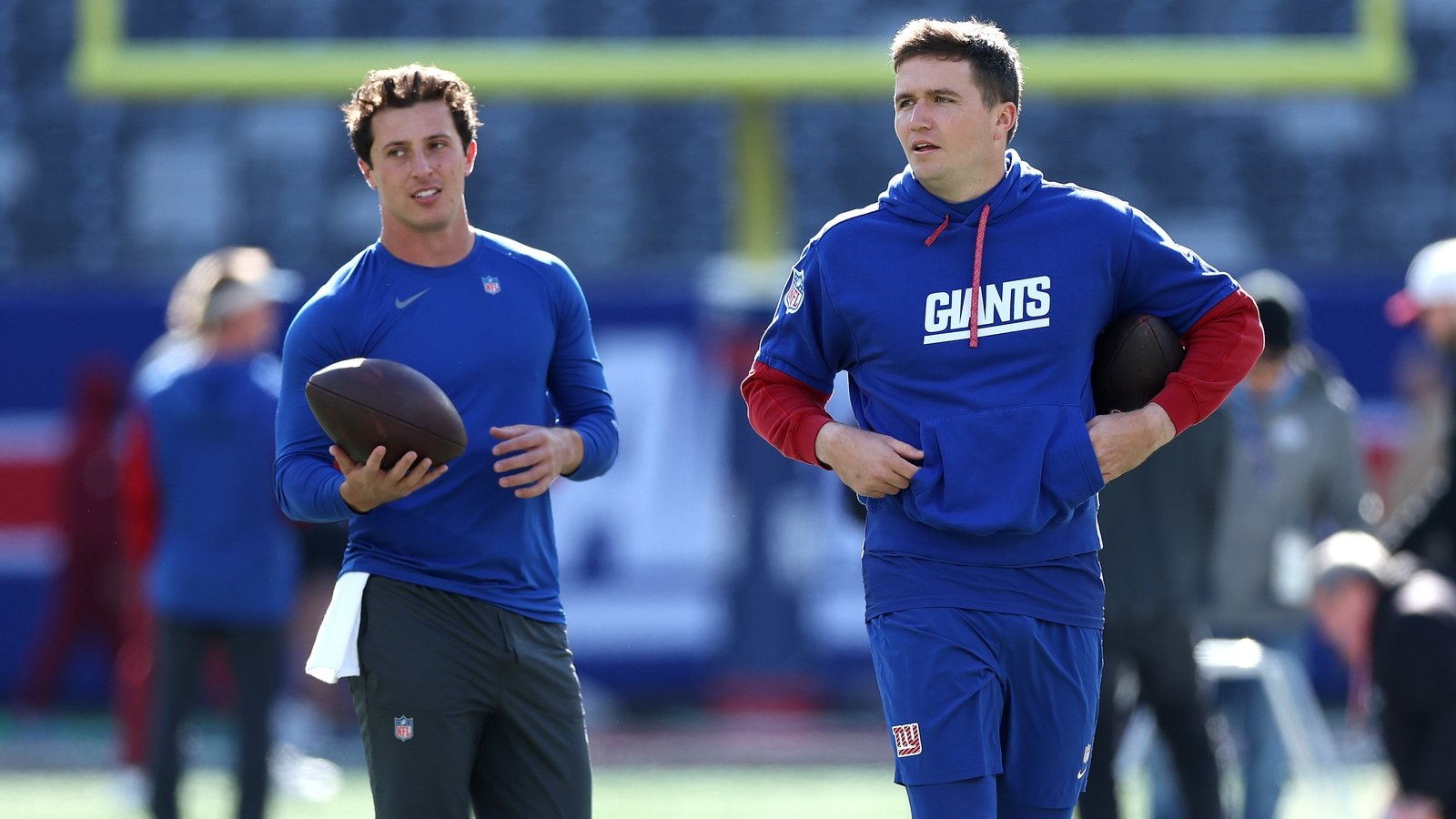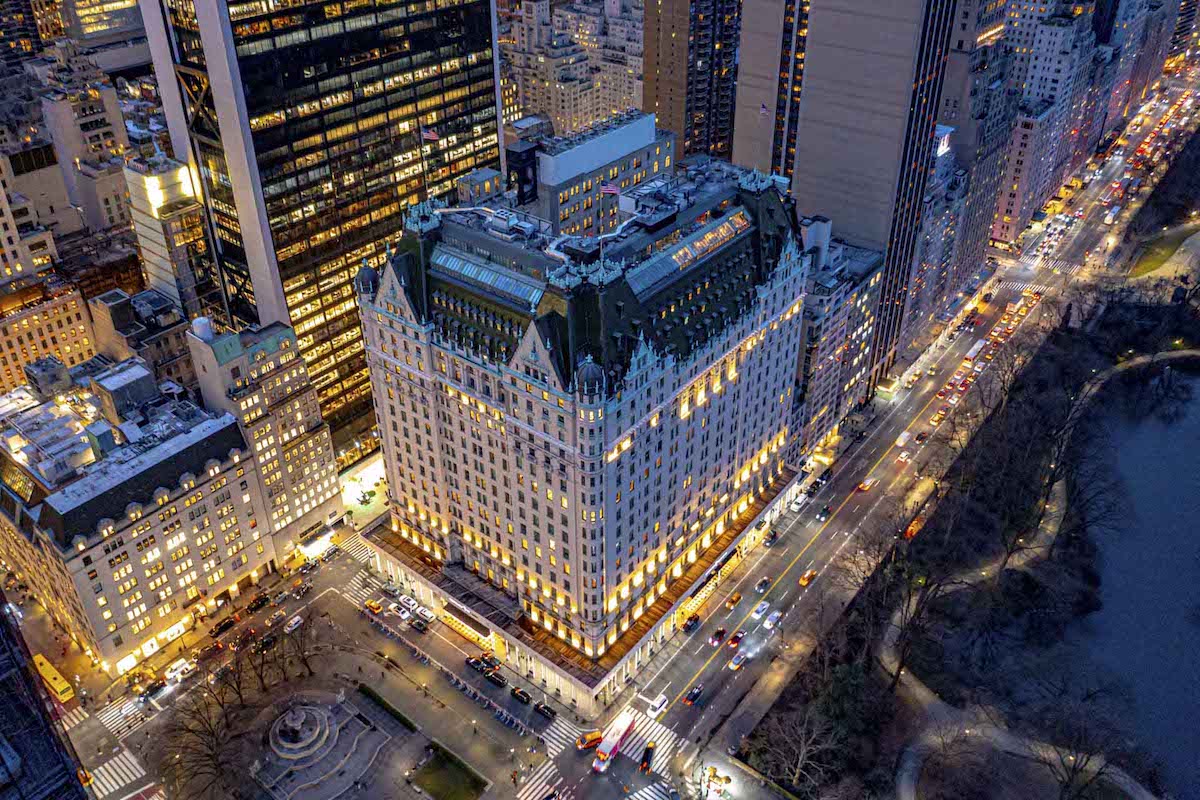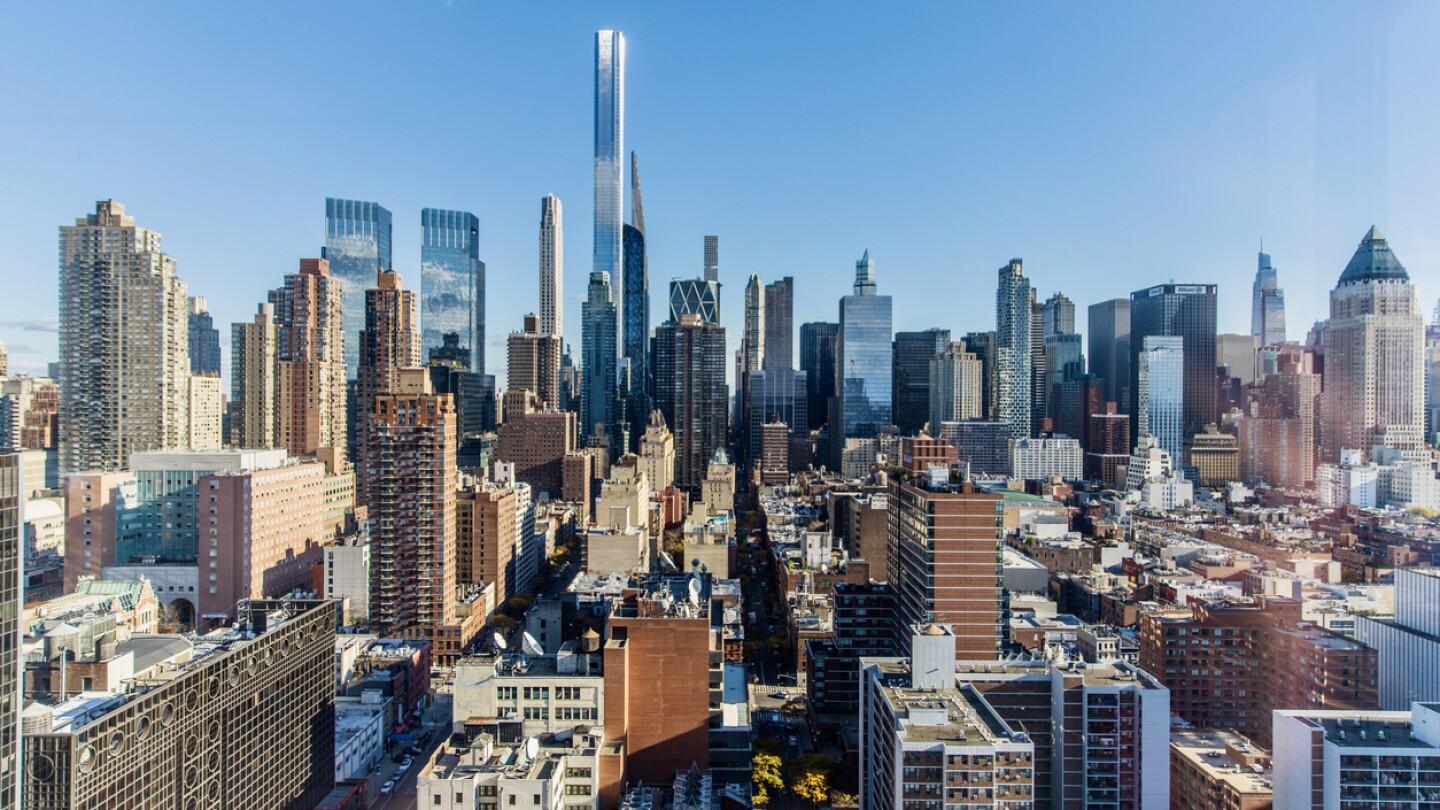Infra
Congestion pricing is back in NY, but not without opposition

The MTA Board approved the new plan 12-1 in a meeting heavily attended by environmental groups and riders’ advocates. It charges drivers $9 – not the originally planned $15 – to enter Manhattan south of 60th Street, with lower fees at night and exemptions for some vehicles.
It’s meant to bring down traffic and improve air quality by encouraging people to use mass transit instead. It’s also expected to raise $15 billion for infrastructure projects at the MTA. Governor Kathy Hochul, who paused the plan that had been slated to go into effect in June, pointed to the lower toll as a cost-savings for commuters.
Chair Janno Lieber says the MTA will resume construction on the Second Avenue subway line and multiple elevator projects aimed at making stations more accessible.
“This is a hopeful moment because it shows that New Yorkers, we collectively can take on and address big challenges that we’re facing,” says Lieber. “It’s even a hopeful moment for drivers, because life can and should get a lot better if you have to drive to New York, if you elect to drive to New York, if you’re not spending as much time in congestion.”
But not everyone feels that way. Congestion pricing still faces a lot of opposition in the outer boroughs and suburbs. There are at least eight active lawsuits in New York and New Jersey looking to block the toll before it goes into effect on January 5.
Hugh Lawrence, of Wappingers Falls, has been working as a surgeon in New York City for 15 years. He usually catches the Metro-North train at Beacon Station, but he worries how congestion pricing might impact other healthcare workers.
“I hate it,” he laughs. “It’s just another expense, another tax for the working people who have to go down in that area.”
Congressman Mike Lawler, a Republican from 17th District in Rockland County, quickly launched an ad campaign urging residents to sign a petition at his new website, titled simply: “congestionpricingsucks.com.”
“I’ve been fighting to kill congestion pricing for years,” says Lawler in the ad. “Because it’s nothing more than a scam. It’s a cash grab.”
Rockland County Executive Ed Day calls congestion pricing an illegal “tax” by the MTA. He plans to continue a lawsuit alleging the MTA doesn’t have the authority to levy it.
“You are penalizing people in Rockland, for example, west of the Hudson, who have no alternate way of getting to work with public transportation,” Day explains. “Many of those people are cops, firefighters, teachers, nurses — they will be stuck here because there’s no transportation. Unless they take the car down, which is just ridiculous.”
No one likes to pay for things that used to be free — but that’s not what the lawsuits are saying. Christine Billy, a clinical law professor at NYU, says most of the cases deal with environmental concerns: they claim congestion pricing will increase traffic and pollution in the suburbs, and that MTA didn’t study this well enough in its environmental asessment. Some of these claims have been dismissed by a New York judge, but the plaintiffs aren’t giving up.
Looking forward, Billy says plaintiffs might seek a preliminary injunction to further delay the toll.
“Which basically says to the court, ‘Our claims are so serious, they’re so important, that you need to put a restraint on moving forward with this program until all of the claims have been fully heard and adjudicated,'” she explains.
How might delays help opponents? Well, the most obvious answer right now is that there will be a new administration come January 20. The new toll still needs approval from the Federal Highway Administration, and President-elect Trump has been clear about his dislike for congestion pricing. Billy says it’s too soon to tell how Trump might act if the Biden Administration approves the toll first, but that hasn’t stopped suburban lawmakers from asking Trump to step in.
The same day the MTA approved its new plan, Hempstead Town Supervisor Don Clavin held his own press conference on Long Island.
“We’re going to do everything we can to stop this,” said Clavin. “And when the new administration comes in, we’re going to do everything we can to get them to help us, so you can just live your life out here, go to work, and not be hassled by the MTA and the governor anymore.”










